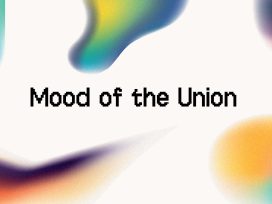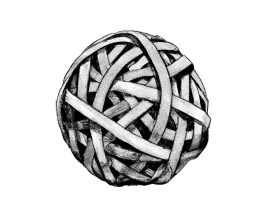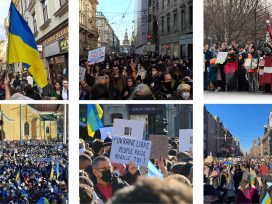Borders define. Conventionally, they seem demarcated, set. But the political situations in nation states and regional unions often bring the jurisdiction of borders into question. There are states determined to acquire more land. And those pushing to restrict legal entry. Forced migration, caused by environmental crises, war and poverty, has become a particularly keen topic for inhospitable hosts, focusing on both exclusion and expansionist solutions. An interdisciplinary team of researchers at the University of Graz calls this phenomenon ‘Elastic Borders’.





